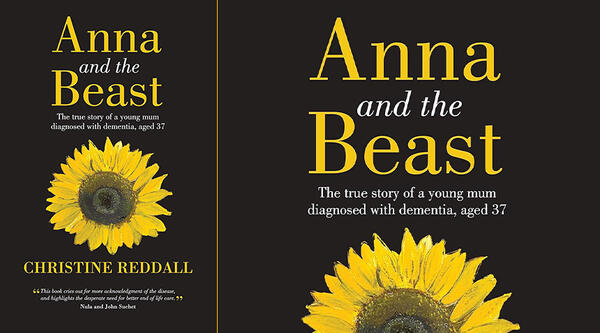Young-onset dementia
Find out about young-onset dementia – also known as early onset dementia – including the causes and symptoms, and how it is diagnosed and treated.
Download or view a PDF copy of this information.
- You are here: Young-onset dementia
- What causes young-onset dementia?
- Diagnosing young-onset dementia
- Living with dementia as a younger person
- Treatment for people with young-onset dementia
What is young-onset dementia?
When a person develops dementia before the age of 65, this is known as ‘young-onset dementia’. Over 70,800 people in the UK are living with young-onset dementia.
Like all people with dementia, younger people may experience a wide range of symptoms, especially in the early stages of dementia. However, they are likely to need different support to older people. The next few pages look at the types of dementia younger people can have, and the effects. It also includes information on where people can find support at the time of diagnosis and after.
How dementia affects younger people
Dementia is caused by a wide range of different diseases. This is similar for younger and older people, but there are important differences in how dementia affects younger people. These include the following:
- A wider range of diseases cause young-onset dementia.
- A younger person is much more likely to have a rarer form of dementia, such as frontotemporal dementia (FTD).
- Younger people with dementia are less likely to have memory loss as one of their first symptoms, compared with older people. For example, they could mainly have problems with language, vision or behaviour. They may also have problems with movement, balance and coordination.
- Young-onset dementia is more likely to be inherited (passed on through genes) – this affects around one in ten younger people with dementia.
- Many younger people with dementia don’t have any other serious or long-term health conditions.
Someone who is diagnosed as a younger person might be concerned about the effects this will have on their family, relationships, finances and daily life. They may also be worried that any children or siblings will have a higher risk of developing dementia.
There is more information about these issues on the living with dementia page.




